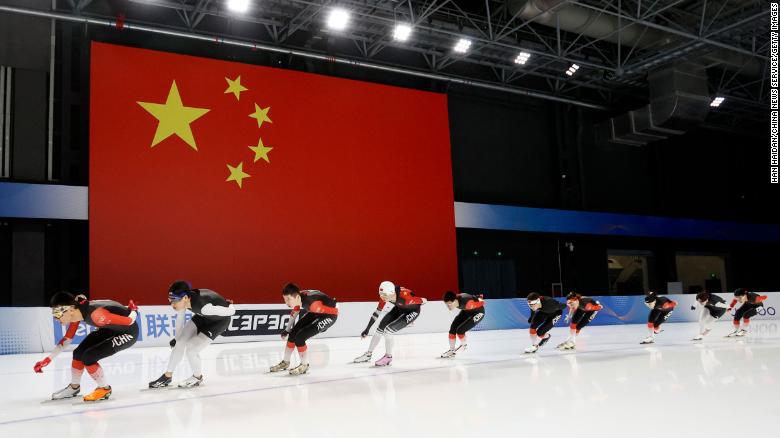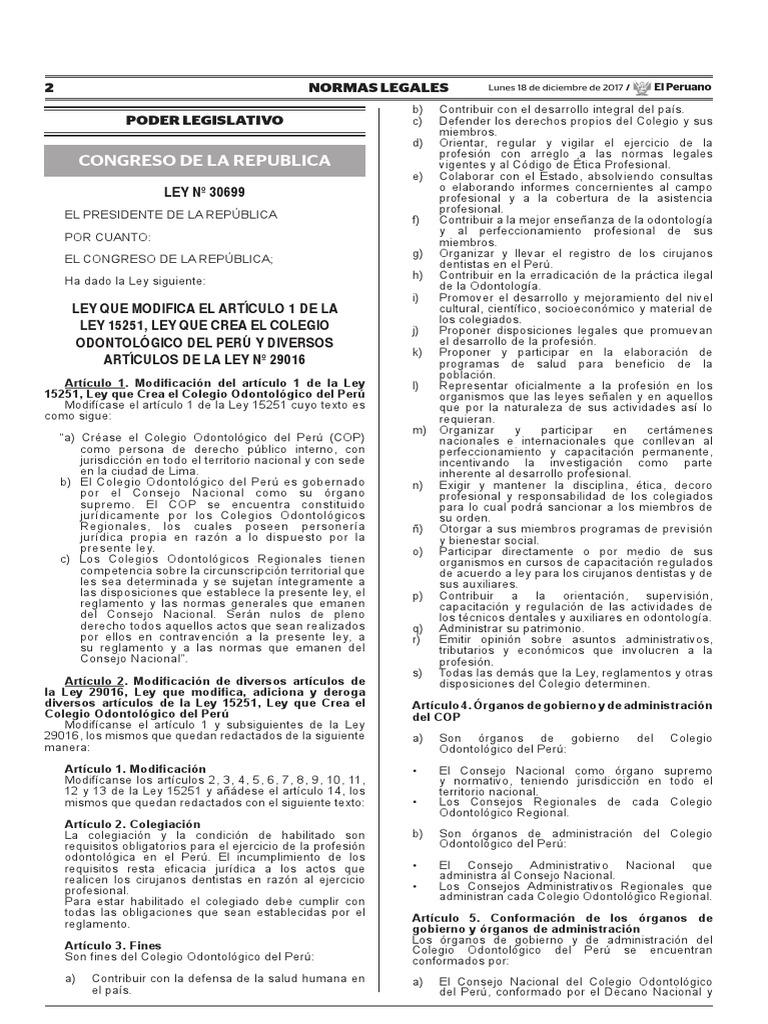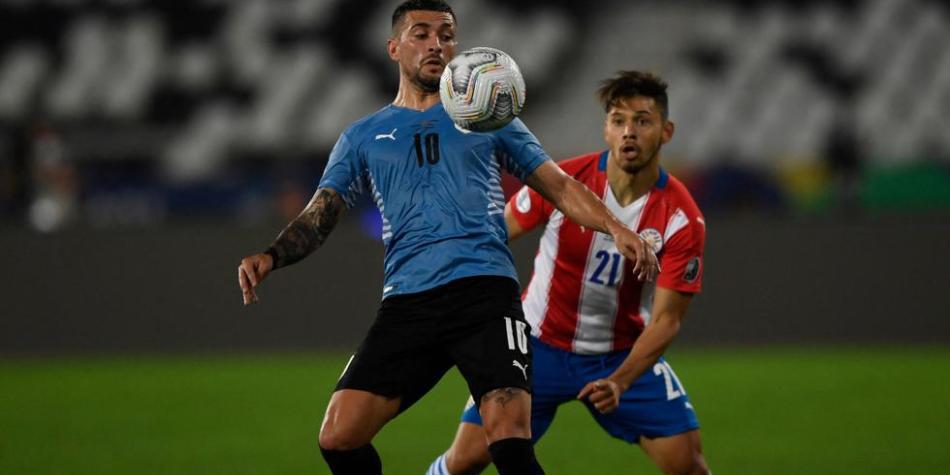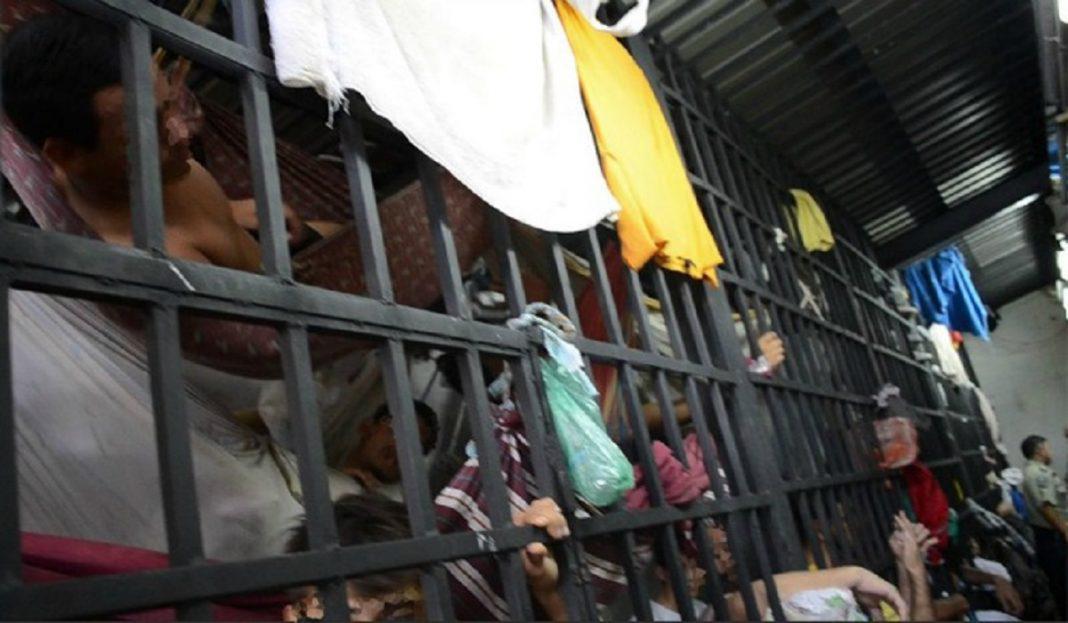China less worried about criticism in 2022 than in 2008
When it awarded the 2008 Games to Beijing, the International Olympic Committee predicted that the Games would help improve human rights, and Chinese politicians hinted as much.
Such statements have been conspicuous by their absence in the run-up to the 2022 Winter Olympics, which start in just over a week.
The Games are a reminder of China's rise, but also of its disdain for civil liberties, which led to a US-led diplomatic boycott.
Human rights groups have documented cases of forced labor and torture, while the United States has called the detention of at least one million Uyghurs a genocide. China has also come under fire for tennis player Peng Shuai virtually vanishing from public life after she accused a former high-ranking Communist Party member of sexual assault.
ADVERTISEMENTBut with greater political, economic and military power than it had three and a half years ago, China seems less concerned about international criticism this time around. The COVID-19 pandemic has given him more control over the Olympics, especially by isolating visiting journalists, who will have to remain in a "bubble" away from the Chinese population.
“They have nothing to 'prove' at this point; 2008 was a party 'to make themselves known' and what they will do this time will be to confirm what we have known for a decade,” Amanda Shuman, a China researcher at the University of Freiburg, told The Associated Press via email. .
“If anything, they have less pressure than in 2008,” she noted. "The Chinese government knows very well that its global economic power allows it to have whatever it wants."
The IOC had little choice when it awarded the Games to China for the second time. Six potential European candidates, led by Norway and Sweden, withdrew for political or cost reasons. Voters in referendums in two countries — Switzerland and Germany — opted for “no”.
IOC members eventually chose Beijing — an authoritarian state that doesn't need voter support to proceed — over Almaty, Kazakhstan, in a close 44-40 vote.
The IOC has allowed China to evade human rights supervision. As of Paris 2024, host cities must adhere to the United Nations Guiding Principles on Business and Human Rights. But China didn't have to abide by those rules when it was elected in 2015.
“When China hosts the Olympics again, it will not be the China of 2008,” Chinese dissident artist Ai Weiwei warned The Associated Press in an email. Ai helped design the famous Bird's Nest that was used in the 2008 Games — hoping it would lead to a new opening — and she later changed her mind, calling it the “fake smile” of the China Olympics.
ADVERTISEMENTAi was arrested in 2011 in China on unspecified charges and now lives in exile in Portugal. The Bird's Nest will again host the opening ceremony on February 4th.
"Today China has moved further away from democracy, press freedom and human rights and the reality is getting harder and harder," Ai added.
China's tone has hardened since it last hosted the Olympics.
In the summer of 2008, Beijing placed some restrictions on broadcasts in Tiananmen Square, but allowed it; it agreed to have “protest zones”, although they were never used, as access was repeatedly denied, and it lifted some restrictions on reporters, since the year before the Games. It also unblocked the censored internet, for journalists.

In 2022, there are fewer facilities. The pandemic will limit journalists to a sealed "bubble" zone, albeit with internet access. Chinese organizers warned international athletes that any comments that break Chinese law could be punished. And an app used by athletes and reporters has security vulnerabilities, according to an internet safety and freedom watchdog.
Some NOCs have advised their teams and staff not to bring their personal phones and laptops to Beijing.
The IOC, which generates billions of dollars in sponsorships and broadcasting rights, has rarely publicly pressured the Chinese organizers, who are really the Chinese government.
Some of the changes affecting 2022 began to apply a month after the 2008 Summer Olympics ended, when the global financial crisis hit. China recovered better than most countries, which helped bolster its confidence.
China has since witnessed the rise to power of Xi Jinping, who led the 2008 Olympics and was appointed general secretary of the Communist Party in 2012.
"Although Xi was in charge of the 2008 Olympic Games, the Winter Games are truly his games," said Xu Guogi, who teaches history at the University of Hong Kong and is the author of the book "Olympic Dream: China and Sport, 1895-2008”.
Mary Gallagher, director of the Center for China Studies at the University of Michigan, said the state of democracy in the United States and its "poor response to the pandemic" emboldened China.
"At this time the multiple failures of the United States have created in China a momentum of renewed nationalism and confidence," she warned via email. "This has been more effective due to the strict control of information by the Communist Party, which can hide with 'positive energy' what is happening in China and only publicize the negative of other countries, especially the United States."
In 2008 China complained that human rights protests over the situation in Tibet were politicizing the Olympics. There were protests in London and other countries during the torch relay, which traveled the world. The IOC has not attempted a similar relay since then.
China, which has called the accusations of human rights abuses the "lie of the century", says mixing sport and politics goes against the Olympic Charter. IOC President Thomas Bach has used the same principle to avoid criticism.
But others see hypocrisy on China's part.
“Politics and sports mix,” said Laura Leuhrmann, a China specialist at Wright State University. “Politics is about the distribution and use of limited resources—most notably power and decision-making, but also finances. Sport is about power and money — even when framed with the glory of sporting achievement.”
Victor Cha, who served in the White House with President George W. Bush and wrote the book "Beyond the Final Score — The Politics of Sport in Asia," said China's complaints about the politicization of sport by others They are hypocrisy.
As much as the world would like the Olympic Games to be unaffected by politics, as George Orwell once wrote: "Sport is war without shooting."
___
Sportswriter Stephen Wade was a Beijing correspondent for The Associated Press for two and a half years, before and after the 2008 Olympics.








